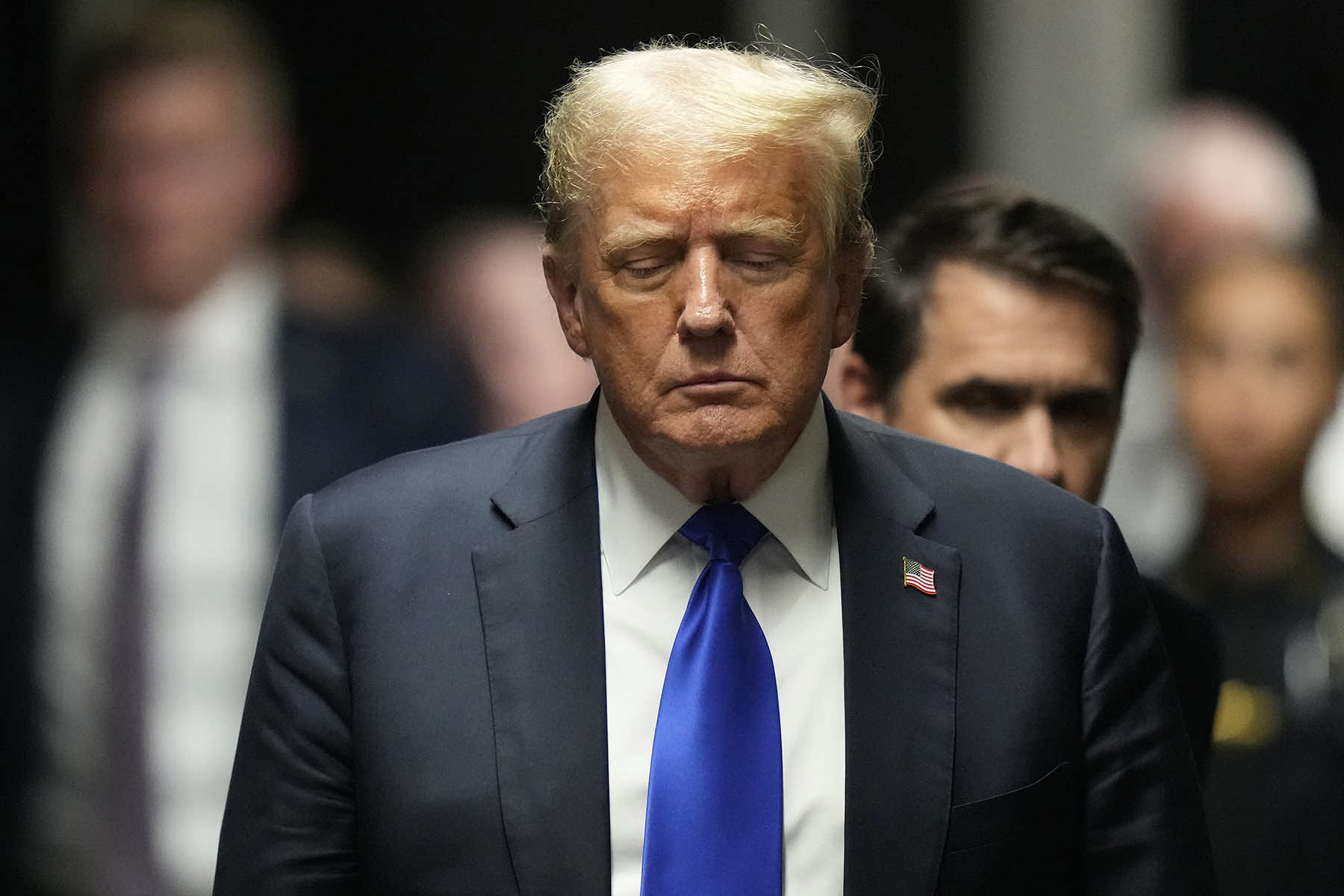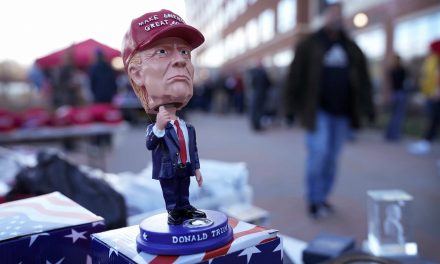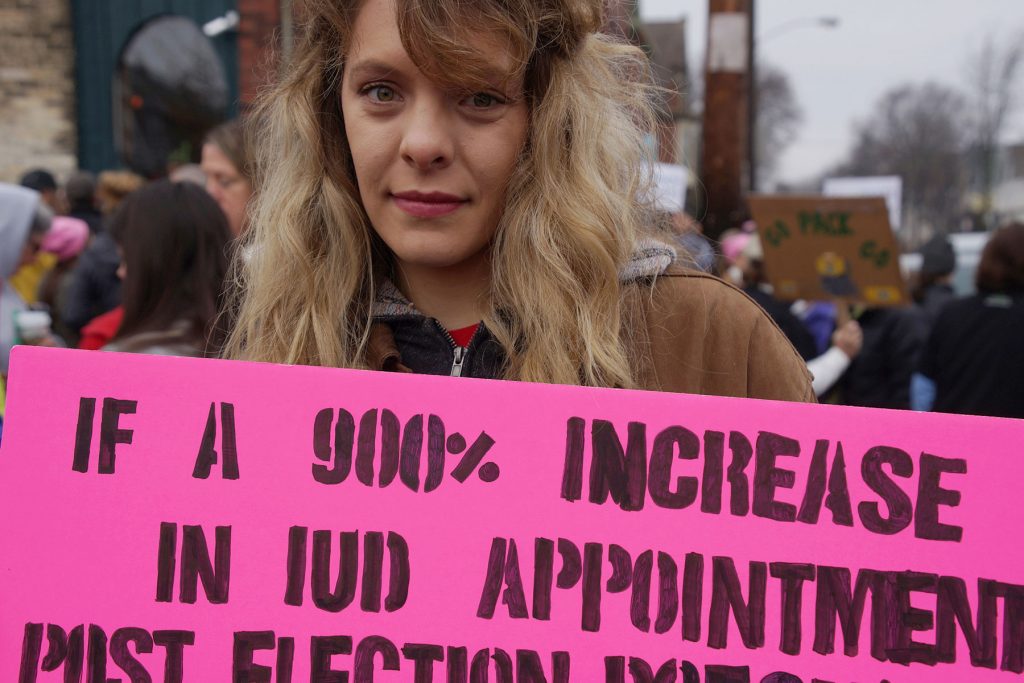
Donald Trump may be convicted of a felony and reside in Florida, a state notorious for restricting the voting rights of people with felony convictions. But he can still vote as long as he stays out of prison in New York state.
That is because Florida defers to other states’ disenfranchisement rules for residents convicted of out-of-state felonies. In Trump’s case, New York law only removes the right to vote for people convicted of felonies when they are incarcerated.
Once they are out of prison, their rights are automatically restored, even if they are on parole, per a 2021 law passed by the state’s Democratic legislature.
“If a Floridian’s voting rights are restored in the state of conviction, they are restored under Florida law,” Blair Bowie of the Campaign Legal Center wrote in a post explaining the state of law, noting that people without Trump’s legal resources are often confused by Florida’s complex rules.
So as long as Trump is not sent to prison, he can vote for himself in Florida in November’s election.
Florida’s Amendment 4, passed in 2018, restored voting rights to most felons upon completion of their sentences – which included probation. The restoration does not extend to individuals convicted of murder or sexual offenses. A subsequent law passed in 2019 requires felons to pay all fines, fees, and restitution associated with their sentences before regaining their voting rights.
Trump was convicted in New York on May 30 of falsifying business records in a scheme to illegally influence the 2016 election through hush money payments to a porn actor who said the two had sex.
The Biden-Harris Campaign issued a statement on Trump’s guilty verdict shortly after his conviction was announced in court.
“In New York today, we saw that no one is above the law. “Donald Trump has always mistakenly believed he would never face consequences for breaking the law for his own personal gain. But today’s verdict does not change the fact that the American people face a simple reality. There is still only one way to keep Donald Trump out of the Oval Office: at the ballot box. Convicted felon or not, Trump will be the Republican nominee for president. The threat Trump poses to our democracy has never been greater. He is running an increasingly unhinged campaign of revenge and retribution, pledging to be a dictator ‘on day one’ and calling for our Constitution to be ‘terminated’ so he can regain and keep power. A second Trump term means chaos, ripping away Americans’ freedoms and fomenting political violence – and the American people will reject it this November.”
A lifelong New Yorker, Trump established residency in Florida in 2019, while he was in the White House. Even if he is elected president again, Trump will not be able to pardon himself of state charges in New York. The president’s pardon power applies only to federal crimes.
The conviction, and even imprisonment, would not bar Trump from continuing his pursuit of the White House. The Republican National Convention, which will open four days after his July 11 sentencing date in New York, adopted rules last year that did not include any specific provisions if its presumptive nominee is convicted of a crime.
Delegates could move to change their rules before formalizing Trump’s nomination, but there is no evidence that a significant faction of the party would try to replace the former president on the GOP ticket. Trump commands loyalty across the GOP base, and the Republican National Committee is run by his loyalists, including his daughter-in-law Lara Trump as co-chair.














